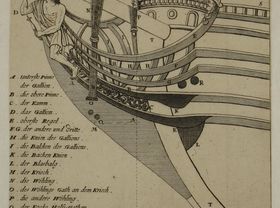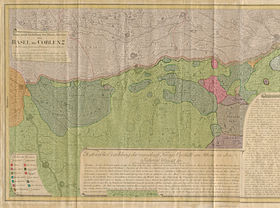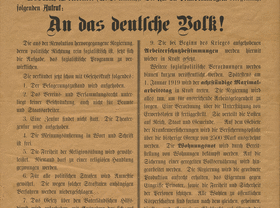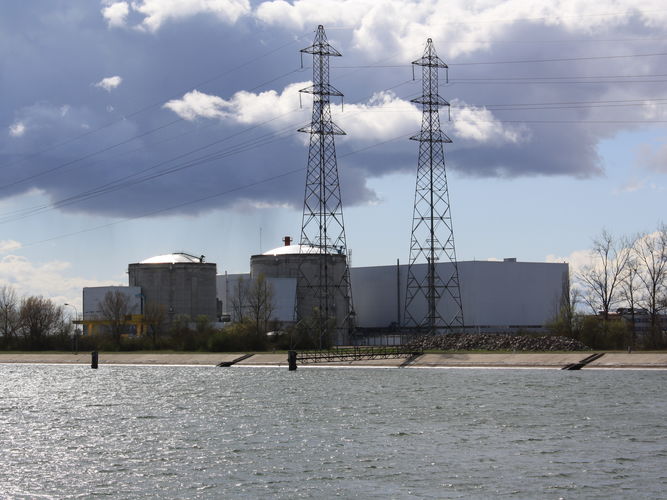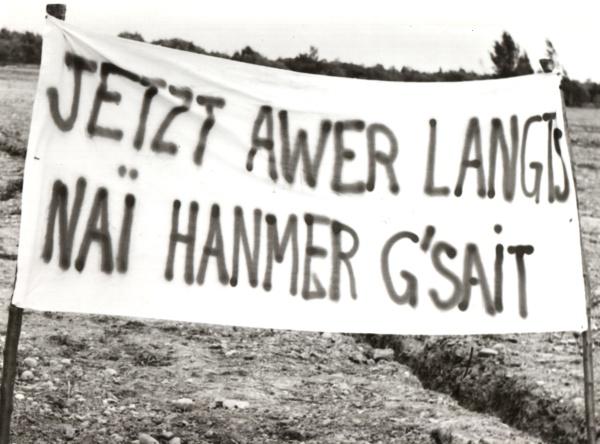Cross-border environmental activism
In the 1970s, international campaigns against nuclear power and a planned chemical plant were organised between Marckolsheim and Fessenheim in France, Wyhl in Germany, and a neighbouring Swiss border region.
Numerous public action groups merged into the 1974 “International Committee of the 21 Baden-Alsace Citizens Initiatives”. Campaigns such as “We’ve had enough” (Nai hämmer gsait) have been active for decades, and are still seen today in the cross-border dialect of Allemanic.
The successful campaign for a cleaner environment in Marckolsheim and Wyhl was not only a turning point for the environmental movement in Europe, but also another building block to French-German friendship.
In this way, the construction of three nuclear power plants on the Rhine was prevented. However, in Fessenheim, two reactors have been in operation on the Rhine since 1977. They belong to the oldest operational nuclear power plant in France. On 27th November 2018, Emmanuel Macron stated that the Fessenheim plant would be closed down in 2020.
“Jetzt awer langts“. 1974 in French Marckolsheim
“Jetzt reicht es aber – nein haben wir gesagt” (“That’s enough – we said no”) is written in Alsatian dialect on a demonstrator’s banner seen during the occupancy of a construction site in Marckolsheim. In 1974, the German company CWM, Chemische Werke München (Munich Chemical Works) planned to build an environmentally damaging lead factory on the French side of the Rhine.
This had the potential to produce 800 tonnes of poisonous lead oxide per year.
As a result of this, citizens from France, but also Germany and Switzerland occupied the construction site.
Previously, there had been protests against the building of a nuclear power plant in Fessenheim, France, and against German plans to build a nuclear power plant in Breisach.
On 25th February 1975, the French government denied permission for the CWM company to build the lead factory in Marckolsheim.


